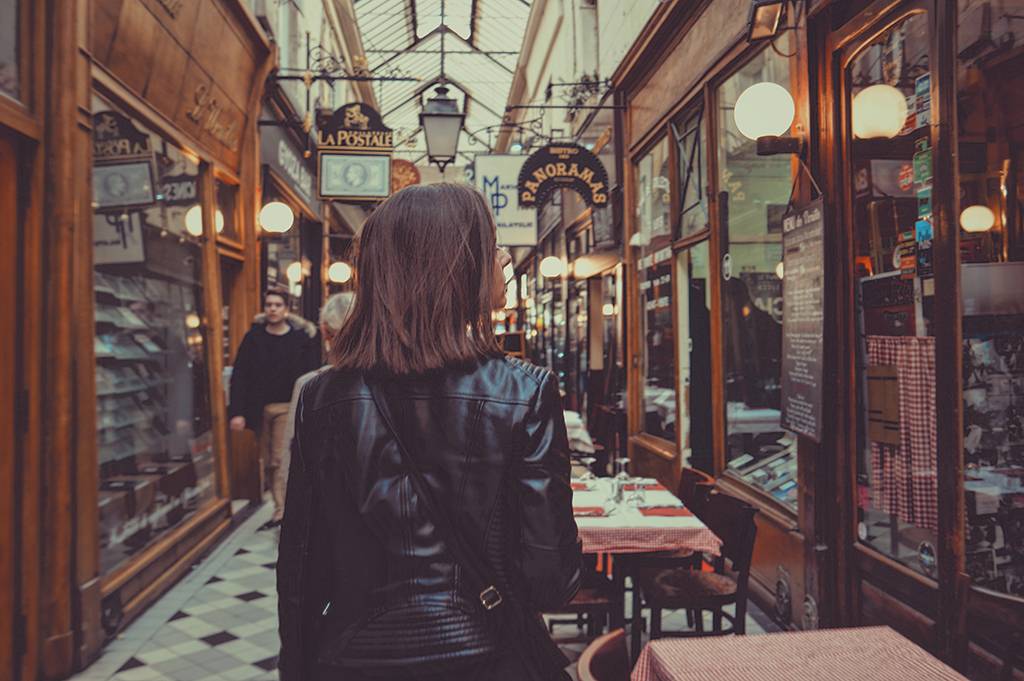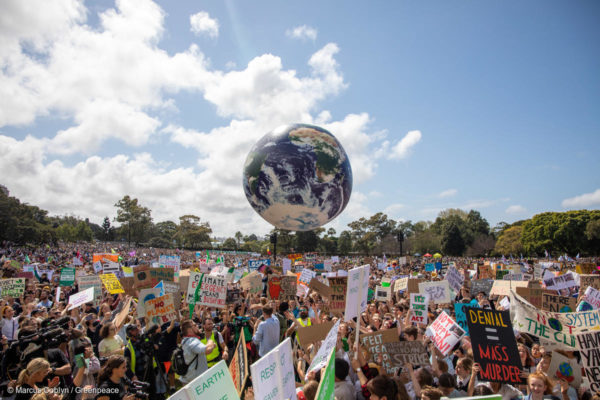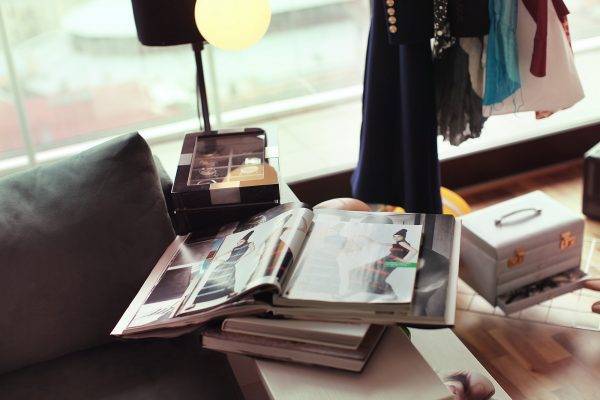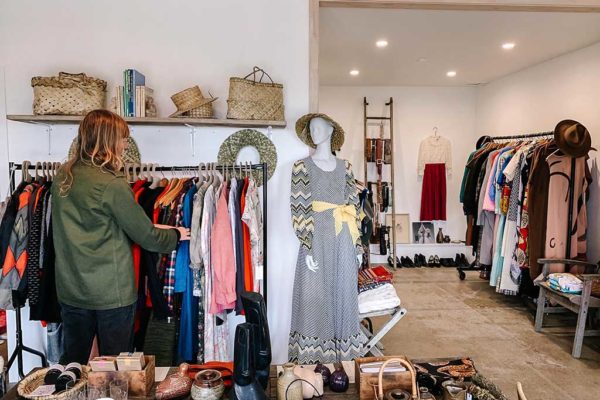Borrowing, second-hand shopping, and ethical fashion – The best ways to consume responsibly
Kate Hall
The discussion around how we should buy fashion, is quickly becoming a hot topic on everyone’s lips.
Is borrowing, thrifting, or shopping ethically the best? The truth is; there is no best.
There are pros and cons to every way of purchasing and consuming. Pros and cons for the environment, for you, and for other people. It’s up to you, the consumer, to choose what type of consumer you are, and where your ‘shopping morals’ sit. They’ll be different from anyone else’s, and match your personal means of living, lifestyle, and beliefs.

"It’s up to you, the consumer, to choose what type of consumer you are, and where your ‘shopping morals’ sit."
To help you find peace in your shopping ethics, let’s discuss the three key options for consuming responsibly: borrowing, second-hand shopping, and shopping ethically.
Borrowing:
Borrowing means an item exists for more than one person, implying that less items are needed. I’ve never met someone who has used all their belongings at once. Heck, even The Minimalists can’t do it. You can’t wear two belts in one pair of jeans, or wear your skirt at the same time as your dress. So, why not let someone else borrow an item whilst it’s not in use?
Borrowing reduces the amount of ‘stuff’ on earth, and makes sense economically too. Less stuff, means less resources are used up, increasing the longevity of our planet and human existence. The problem with borrowing is that we need better systems for borrowing effectively. The values of trust, ownership, and forgiveness come into play with borrowing. There’s no doubt it’s tricky to sort these out in a western society which has become so individualistic.
The art of borrowing was lost long ago, and I believe we need to get it back.
Second hand:
The benefits of second-hand shopping are obvious; you’re using up a product that someone has discarded, and would otherwise go to landfill. Brilliant! Using what we already have is a HUGE battle for western society today. It takes a major mind shift to justify, when buying new is becoming so cheap. Why wouldn’t you buy another pair of trousers if they were $30 and you had money to spare?
Second-hand shopping is my long-time favourite method of consuming, but one I’ve personally stayed away from for a while. Recently, I realised the unhealthy consumer in me was still fed when I shopped second-hand, and I didn’t like it. When things are so cheap, and you know you can give them back to the second-hand store ‘guilt-free’, why not buy bags and bags of stuff? Second-hand shopping doesn’t necessarily take away our unhealthy consumerist mindsets, and at the end of the day, you’re still relying on someone else to buy fast fashion.
A friend once did a happy dance, because they found the shirt they had been spying on at Glassons, in a second-hand shop for a quarter of the price. To me, this purchase is still supporting an organisation, who mistreat people and the planet. But it’s also rescuing something that would have gone to waste. I wish there was a clear line around how to shop best, but the deeper you go, the harder it gets!
Ethical shopping:
They say voting with your pocket is the biggest statement you can make. Where you place your money, is the future you’re electing. Shopping ethically can be a way to voice your opinion on the fashion industry. But is shopping ethically, just adding more ‘stuff’ to the world?
Buying ethically made fashion, supports a new way of consuming, which is much more sustainable for our earth and people. Ethical fashion often costs more than fast fashion, meaning purchases are generally less spontaneous. This reduces the amount of unused ‘stuff’ and clutter in the world. The higher cost of an item, also increases the chances of that item being cared for responsibly, and worn until it’s used up.
I don’t have all the answers, and I never will. Consumerism is a complex phenomenon that cannot be answered in a single blog post.
Next time you need something, ask yourself the tough questions: do I need it? Can I borrow this? Will I find this second-hand? Where I can buy this ethically?
Over time, and with more research, you will find where your ‘shopping morals’ lie. Stick to them, understand that they will forever evolve, and challenge yourself on every single purchase.
Photo by Tristan Colangelo on Unsplash


